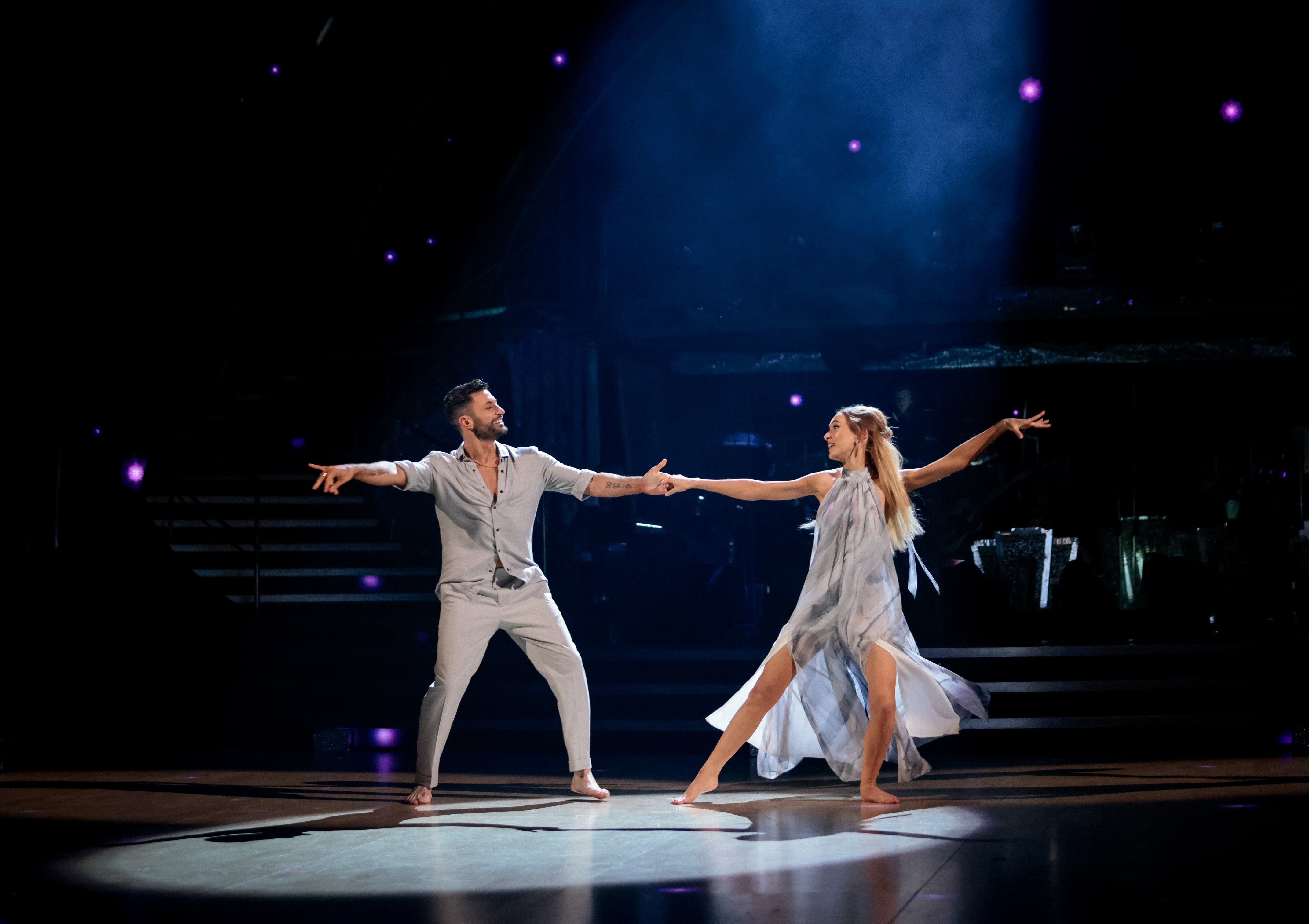Government backs bill to make British Sign Language a recognised language
Support comes after Strictly Come Dancing winner Rose Ayling-Ellis pushed for recognition

Your support helps us to tell the story
From reproductive rights to climate change to Big Tech, The Independent is on the ground when the story is developing. Whether it's investigating the financials of Elon Musk's pro-Trump PAC or producing our latest documentary, 'The A Word', which shines a light on the American women fighting for reproductive rights, we know how important it is to parse out the facts from the messaging.
At such a critical moment in US history, we need reporters on the ground. Your donation allows us to keep sending journalists to speak to both sides of the story.
The Independent is trusted by Americans across the entire political spectrum. And unlike many other quality news outlets, we choose not to lock Americans out of our reporting and analysis with paywalls. We believe quality journalism should be available to everyone, paid for by those who can afford it.
Your support makes all the difference.The government has backed a bill that will make British Sign Language (BSL) a recognised language, pledging to improve accessibility for deaf people.
The Private Member’s Bill introduced by Labour MP Rosie Cooper calls for the use of BSL when making public service announcements and encourages other service providers to do the same.
It would also see the launch of an advisory board of BSL users to offer guidance to the Department for Work and Pensions (DWP) on how and when to use it and examine how to increase the number of BSL interpreters.
The Bill, which will go through its second reading on Friday 28 January, comes as Strictly Come Dancing star Rose Ayling-Ellis also called for BSL to be recognised as an official language in the UK.
Ayling-Ellis’ regular use of BSL during the dancing contest last year inspired a surge in people looking to learn it, with one firm offering BSL courses seeing enrolments rocket by more than 2,000 per cent.
The 26-year-old actor has since campaigned to make BSL a legally-recognised language.
She said: “The deaf community have constantly had to fight to be heard. This Bill sends a clear message that they deserve equal access and will be treated as equal.”
More than 150,000 people use BSL across the UK, with 87,000 deaf people relying on the language to communicate, according to the British Deaf Association.
Cooper, whose parents were deaf, said of the Bill: “So many people are signing up to learn BSL and have a much clearer understanding of what BSL is and why it is essential that we recognise it as an official language.
“My Bill aims to help put deaf BSL users on a more equal playing field with everyone else, to require the government to work with deaf people to develop guidance on how public bodies should enable the use of BSL across their services.”
DWP minister Chloe Smith said: “Effective communication is vital to creating a more inclusive and accessible society, and legally recognising British Sign Language in Great Britain is a significant step towards ensuring that deaf people are not excluded from reaching their potential.
“Passing the Bill will see (the) Government commit to improving the lives of deaf people, and will encourage organisations across the nation to take up the BSL mantle, benefitting both themselves and the deaf community.”
Join our commenting forum
Join thought-provoking conversations, follow other Independent readers and see their replies
Comments